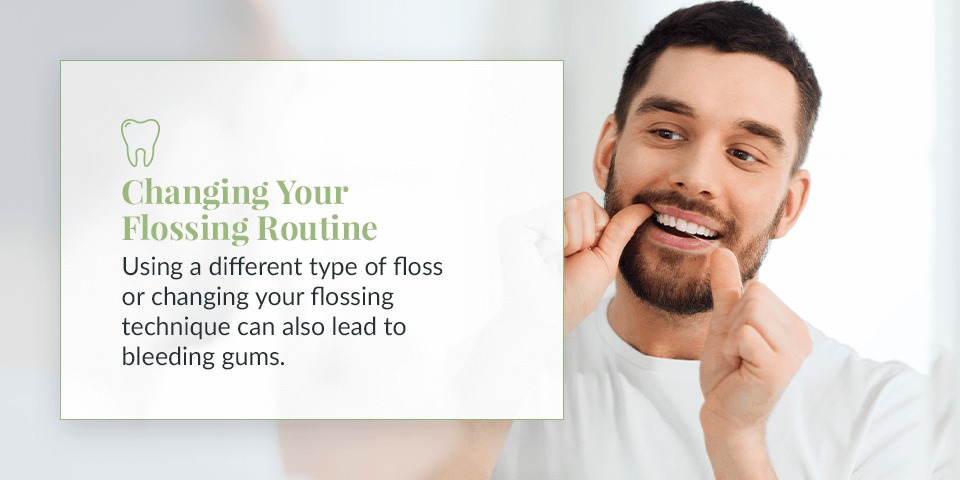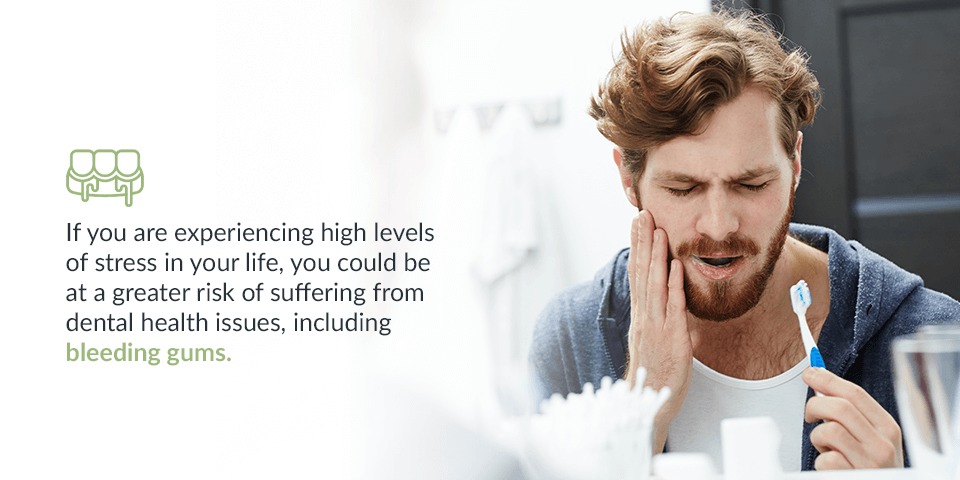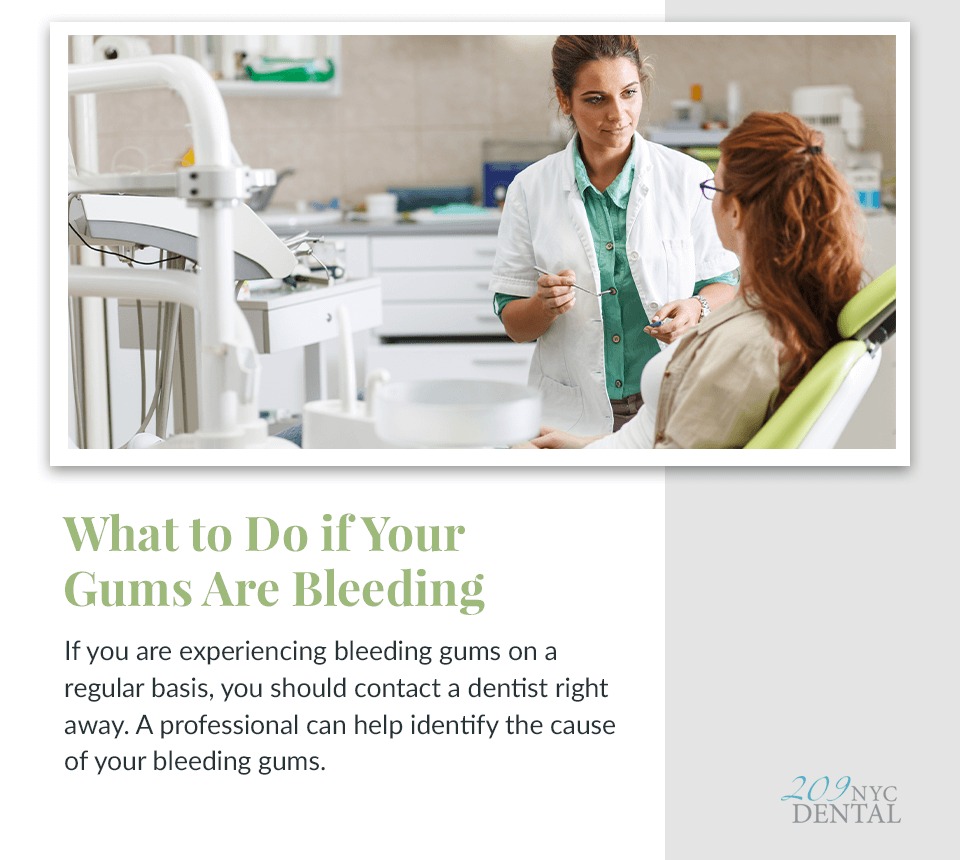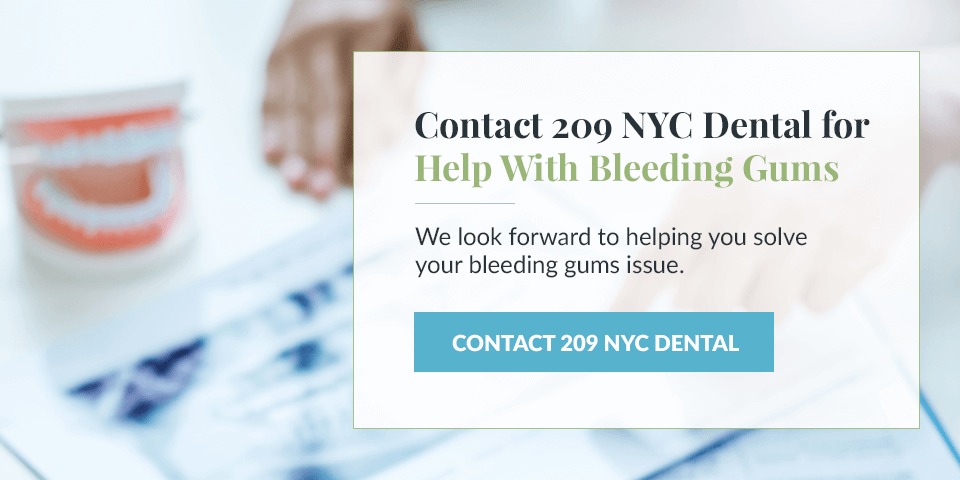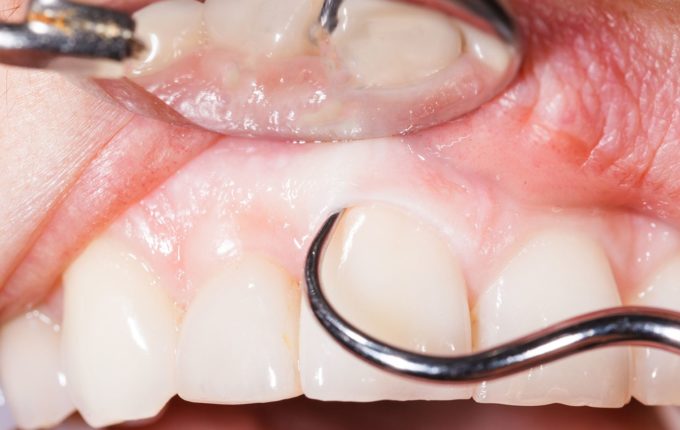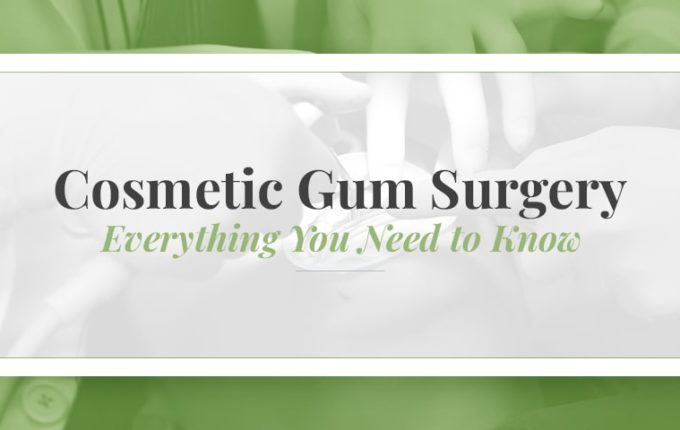Common Causes of Bleeding Gums — and How to Treat Them
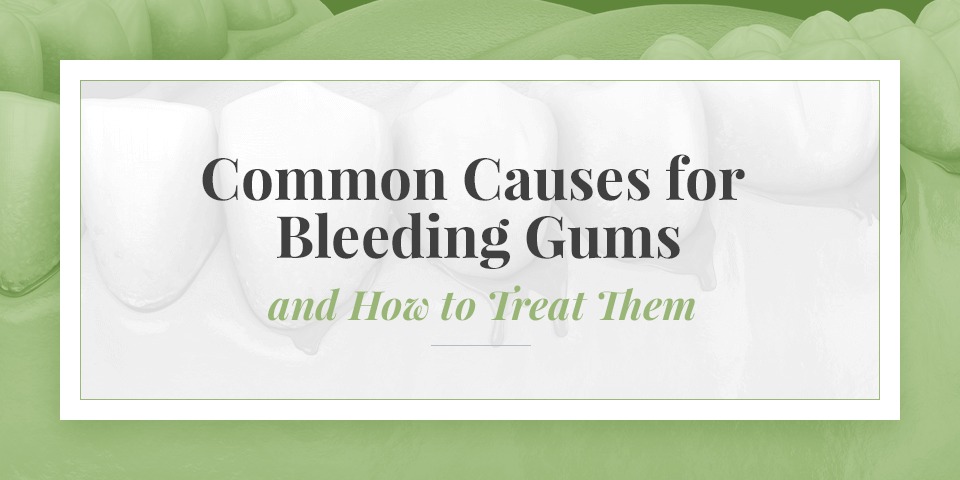
Your gums are a sensitive part of your mouth. They play a crucial role in your oral health, from protecting the roots of your teeth to helping your teeth stay in place. With the proper dental care, your gums can stay healthy for a long time. Like many of your body’s tissues, gums can experience damage and start to bleed.
If you are noticing a hint of pink every time you clean your teeth, you may be wondering why your gums are bleeding. You might even feel pain or discomfort in your gums, which is a concern that could be hard to ignore. You could have a minor issue that, left unchecked, could develop into something much more serious. The earlier you find out about the cause of your bleeding gums, the better.
You may hardly think about your gums when they are healthy. Rare, light bleeding could be a regular occurrence, but you should be concerned about gums that bleed when they become a part of your daily life.
In this blog post, we’ll explain everything you need to know about gums that bleed. You’ll also discover the common reasons behind gum bleeding and treatments for bleeding gums.
11 Common Causes of Bleeding Gums
Gum bleeding is a sign of several possible causes, and some are more serious than others. Understanding these possibilities is the first step in narrowing down why your gums are bleeding and what you can do to solve the issue. Here are some of the common causes of bleeding gums:
1. Gingivitis
Poor oral hygiene can lead to plaque accumulating on your teeth. Plaque consists of bacteria that adhere to your teeth as a film, leading to cavities and other health concerns. Over time, plaque on the gum line can lead to gingivitis, a mild form of gum disease. Some symptoms of this ailment include swollen or receding gums.
This type of problem with the gums typically starts small and grows worse if left untreated. Inflamed gums are a standard indicator of gingival inflammation. It is essential to look at your gums in a mirror if they feel overly sensitive. Gingivitis is one of the leading causes of bleeding gums, but it is common for the condition to go unnoticed. Treat this condition by prioritizing oral care by brushing for longer periods or more frequently.
Patients who do not brush their teeth regularly can develop gum problems by leaving bacterial plaque around the gums and teeth. Without proper treatment for bleeding gums, plaque buildup on the gumline can lead to tartar, which is a hard, visible mineral deposit on your teeth. Tartar can worsen your gum bleeding issue, causing pain and turning into gum disease. You may need professional help to remove tartar, as standard home cleaning methods may be unable to reduce or remove it.
Severe cases of gingivitis may cause bad breath, tender gums that hurt while chewing, or purple gums that feel soft. It is best to visit a dental professional for an official diagnosis and treatment plan if you experience frequent oral bleeding.
2. Pregnancy Gingivitis
Pregnant women may experience high rates of gingivitis, with 60 to 75% of pregnant women developing this dental issue. According to the American Dental Association (ADA), this increased rate of gingival inflammation is a result of hormonal changes during pregnancy. The body produces an exaggerated response to the presence of plaque on the gumline, leading to swollen and painful gums that bleed.
You may need to make some changes to your oral hygiene routine to keep a healthy smile as your body adjusts to the stresses of pregnancy. Proper dental care is crucial when your gums are at a higher risk of bleeding.
3. Medications
Some medications can lead to an increased risk of bleeding and tender gums. Many over-the-counter medications act as blood thinners, making it easier for your gums to bleed during everyday situations such as brushing your teeth or flossing. Some prescriptions are also causes of bleeding gums.
Talk to your doctor about what you can expect after taking certain medications. Be sure to inform your dentist about the types of medications you are taking to learn more about how they could affect your dental hygiene practices. You may need to change the way you clean your teeth to accommodate your gums’ increased chance of bleeding.
4. Changing Your Flossing Routine
You may have heard from your dentist that your gums could bleed when you start flossing. This type of gum bleeding is normal, as bleeding is your gums’ response to the new stimulation of flossing. As you floss your teeth, your gums will become healthier and resist bleeding when you floss.
If flossing is a frequent cause of bleeding gums, consider whether you have recently changed your flossing routine. Going from daily flossing to every other day could be enough of an interruption to cause your gums to bleed again. Using a different type of floss or changing your flossing technique can also lead to bleeding and irritated gums.
5. Toothbrush Bristles
The type of toothbrush bristles you choose can influence your gum health. We recommend soft bristles for cleaning your teeth, as this style is gentle on your gums while still being effective at removing plaque. Upgrading to firm bristles often causes bleeding gums, especially when you use too much pressure when brushing.
In some cases, people buy the wrong type of toothbrush and experience irritated gums as a result. Others change to medium or firm bristles, hoping to clean their teeth better. For the sake of your gum health, you should use soft bristles. Make sure you are using gentle brush strokes to reduce gum bleeding, as well.
6. Poor Diet and Vitamin Deficiencies
Your diet is a crucial aspect of your dental health. Sugary, starchy foods contribute to plaque buildup, which can be a significant cause of bleeding gums and cavities. You can enjoy sweets and other indulgences on occasion, but you should keep these foods to a minimum and brush your teeth soon after eating them.
Eating fewer unhealthy foods is only half of a balanced diet. Gum irritation and bleeding can also be a result of vitamin deficiencies. You should eat foods that give you the essential nutrients you need for healthy gums and a healthy lifestyle. Eating whole foods like vegetables and fruits will help you consume more essential vitamins and minerals that help serve as treatments for bleeding gums.
7. Poor Oral Hygiene Habits
Keeping your teeth clean is the foundation for healthy gums and a healthy smile. Remember that plaque buildup on the gumline can lead to serious dental problems over time. Brush your teeth consistently to avoid dealing with the causes of bleeding gums.
Creating a healthy oral hygiene routine is crucial for your well-being. Brushing, flossing, and maintaining a balanced diet can help stop gingival bleeding and prevent the onset of cavities, oral cancers, heart disease, and other life-threatening conditions. The bacteria that accumulate in your mouth can affect different areas of the body if they enter the bloodstream, so scheduling a dental exam is the best way to look after yourself.
Every dentist recommends proper dental care as the best way to invest in a healthy smile. Brush your teeth twice a day and floss once per day to prevent the buildup of plaque on your teeth. Combine that with routine professional cleanings with your dentist, and you can maintain a healthier smile and less gum bleeding.
8. Stress
If you are experiencing high levels of stress in your life, you could be at a greater risk of suffering from dental health issues, including bleeding gums.
Many individuals find it easier to skip brushing their teeth and eat more unhealthy foods when they are under significant amounts of stress. These decisions can contribute to bleeding gums.
The American Academy for Periodontology states that stress can also lower your body’s ability to fight infections, including periodontal disease. Do all you can to limit stress in your life, including deep breathing exercises, meditation, and other stress-relieving methods. Be sure to continue eating well and taking care of your teeth as you reduce your stress levels.
9. Misaligned Bite
A misaligned bite can also cause gum-related issues. If you have a misaligned bite, you could be putting excess pressure on certain parts of your mouth when you bite down, clench, or grind your teeth. This uneven pressure can have negative impacts on affected areas, leading to tissue deterioration and gum recession. It’s also one of many causes of bleeding gums.
Talk to your dentist about your bite to see if you could be at risk for these adverse side effects. If you have a misaligned bite, there are steps you can take to correct the issue. A proper bite can help you achieve healthier teeth and gums, reducing your chances of gum bleeding.
10. Smoking or Vaping
Decades of research have revealed the adverse effects of smoking on dental health. Despite vaping’s relative newness, many health experts also suggest that vaping is an oral health risk, as well. Smoking and vaping can both cause one’s dental health to decline, contributing to bleeding gums.
Smoking cigarettes, using tobacco products, and vaping may result in bad breath, yellowing teeth, and gum disease. Concerns surrounding these products grow more significant the longer you use them. Any smoking product that contains tobacco puts you at an increased risk of developing cavities and sensitive gums. It is best to give up smoking or vaping as soon as possible to prevent bleeding gums and tooth loss.
It could be a difficult road, but you should try quitting both habits. The positive results that quitting could have on your dental and overall health are worth it. Talk to your doctor about safe and effective quitting methods so you can enjoy living smoke- and vape-free.
11. Certain Systemic Health Conditions
Plaque buildup and poor brushing techniques are common causes of bleeding gums. However, systemic health issues, such as hemophilia, diabetes, cancer, and other chronic illnesses, can make gum tissue more fragile and prone to bleeding easily. Additionally, autoimmune conditions can also trigger oral tissue inflammation.
In such cases, the dental professionals at 209 NYC Dental employ a comprehensive approach to ensure the best possible outcome for patients with systemic health conditions. If you suspect a medical condition is impacting your gum health, seeking professional help with periodontics in NYC can give you access to the highly specialized care tailored to complex cases.
Here are some systemic health concerns that could lead to bleeding gums:
- Periodontitis: Periodontitis, or periodontal disease, is an advanced form of gum disease. Periodontitis starts as gingivitis, but over time, and without treatment for bleeding gums, the condition can worsen. Other symptoms can include loose teeth and a changed bite. If your gums are bleeding, you may be suffering from periodontitis. You should seek professional dental care as soon as possible.
- Leukemia: Leukemia is a cancer of the blood that makes it difficult for your white blood cells to fight infection. Leukemia can reveal itself to you in several ways, including bleeding gums and difficulty fighting illnesses. Please contact your doctor right away if you think your oral bleeding could be a sign of a serious health issue, such as leukemia.
- Vitamin deficiency: Remember that vitamins play a crucial role in your gum health and overall health. If you let your vitamin levels drop too low, you open yourself to the risk of contracting severe health conditions. Be sure to talk to your doctor to learn if it is time to increase your vitamin intake.
- Inefficient platelets in the blood: Platelets are a part of the blood that help with clotting. Without a proper platelet count, minor cuts and injuries can result in excessive bleeding. Your bleeding gums could be a sign of inefficient platelets in your blood, so contact your doctor for bloodwork to learn more.
What to Do If Your Gums Are Bleeding
If you are experiencing bleeding gums, your next step should be to find a solution to reduce and stop the bleeding. Here are some actions you can take to return to having healthier gums:
1. Start a Better Oral Care Routine
A solid oral hygiene routine is fundamental to having healthy gums. Brush your teeth twice per day with fluoride toothpaste and floss once per day to remove stubborn plaque and keep your teeth clean. Maintaining your oral health can reduce your chances of bleeding gums.
Some people use hydrogen peroxide to lift stubborn plaque near the teeth. Use this solution as a mouthwash, rinse with water after, and make sure not to swallow any peroxide.
2. Buy a Toothbrush With Softer Bristles
Your problem can be due to a toothbrush with firm bristles. Purchase a soft-bristled toothbrush and brush with light strokes to be gentle on your sensitive gums. Be sure to replace your toothbrush several times per year to enjoy greater benefits.
Look at your toothbrush bristles daily. If your toothbrush looks flat, there is a good chance you are brushing harder than you should.
3. Maintain a Healthy Diet
The food you eat has a significant impact on your oral health. Sugars and starches can wreak havoc on your gum health, but whole foods rich in essential vitamins and minerals can strengthen your gums. Eat more healthy foods like leafy greens to contribute to healthier gums and a vibrant lifestyle.
Also, don’t forget the importance of hydration. Drinking plenty of water isn’t only helpful for improving your digestive health and ensuring you stay hydrated—it also washes away food particles and bacteria to help reduce your risk of gum irritation. A proper diet not only helps with healthier gums, but it can also serve as an at-home treatment for bleeding gums when combined with daily oral hygiene.
4. Review Your Medications
You could be taking medications that are contributing to bleeding or swollen gums. Look over your medications and ask your doctor about potential side effects. Stopping certain medications or changing your oral hygiene routine can help limit bleeding gums caused by drugs, such as blood thinners, antihypertensives, and certain antidepressants. Speak with your doctor before adjusting the medications you take.
5. Quit Smoking or Vaping
The use of tobacco or e-cigarette products is dangerous for many health reasons, including your dental health. Stop using these products to enjoy healthier teeth and other lifestyle benefits. Smoking is known to reduce immune system strength, which can make it tough for your body to respond to plaque buildups.
Practice good oral hygiene by quitting tobacco products. If you’re having trouble quitting smoking or vaping, consider nicotine replacement therapy or a support program.
6. Take Time to Relax and Reduce Stress
Be sure to invest in self-care regularly. Living a stressful life can lead to health problems and a feeling of negativity in your daily life. Reducing stress can help your body fight infections and encourage you to live a healthier lifestyle.
Incorporating relaxation into your daily life is a form of preventive care. Activities like yoga, exercising, or meditation are all helpful for lowering stress levels and supporting your overall wellness. By reducing stress, you can give your body an improved ability to respond to infections, which is a vital part of treatment for bleeding gums.
7. Avoid Sharing Certain Items With People
The bacteria that cause bleeding gums and periodontal disease can be spread through cross-contamination. Avoid sharing drinks, silverware, and especially toothbrushes with anyone else to reduce your risk of contracting dental health problems.
Use your own dental utensils and keep your personal hygiene items, like toothbrushes, private. This small and simple boundary can prevent significant oral health issues down the road. It’s an easy way to safeguard your gum health.
8. Soothe Gums With Ice
An ice pack can help reduce swelling. Ice can help you to deal with pain and bleeding caused by gingivitis or a cut or scrape on the gumline. Icing your mouth is a proactive way to stay comfortable until you can see your dentist for an examination.
9. Try an Oral Salt Rinse
Create a salt and water mixture by placing half a teaspoon of salt in an eight-ounce glass of warm water. You can move the solution around in your mouth to promote healing up to three or four times each day. The salt solution may help you to remove bacteria from the mouth that could otherwise result in a wound infection. While a salt rinse isn’t a cure-all, it can be an effective and affordable treatment for bleeding gums.
10. Contact a Dentist
If you are experiencing gum irritation and bleeding regularly, you should contact a dentist right away. A professional can help identify the cause of your bleeding gums and recommend how to treat them. 209 NYC Dental is here for your periodontal needs. Our NYC board-certified periodontists provide a full scope of Periodontal treatments in NYC to keep your teeth clean and your gums healthy.
Minimal, isolated gum bleeding is normal for many people. Using a firm-bristle toothbrush, brushing too hard, or changing your flossing routine can cause your gums to bleed when you clean them. Sometimes, this situation involves a severe underlying issue. If your gums bleed every day or for an extended period, you should seek professional help immediately.
Need Treatment for Bleeding Gums? Contact 209 NYC Dental
If you are experiencing bleeding, you should seek professional help as soon as possible. The staff at 209 NYC Dental is here to help you with your dental needs. With our convenient hours and weekend availability, our Midtown Manhattan dental practice makes scheduling a dental appointment in New York City easier for you.
We look forward to helping you solve your bleeding gums issue. Contact us today for more information, book an appointment online at your convenience, or call us at 212-355-2290. Take control of your dental situation and let us help you achieve greater dental hygiene.
 Our History
Our History
 Our Providers
Our Providers
 About Us
About Us
 Blog
Blog
 Contact us
Contact us
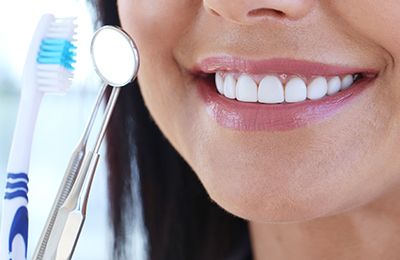 Diagnostic & Preventive
Diagnostic & Preventive
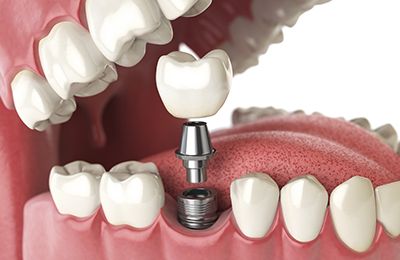 Implant Dentistry
Implant Dentistry
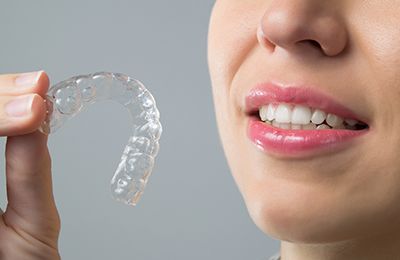 Clear Braces - Invisalign
Clear Braces - Invisalign
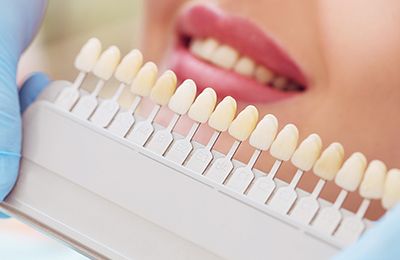 Cosmetic Dentistry
Cosmetic Dentistry
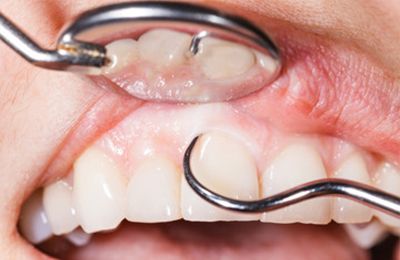 Periodontics
Periodontics
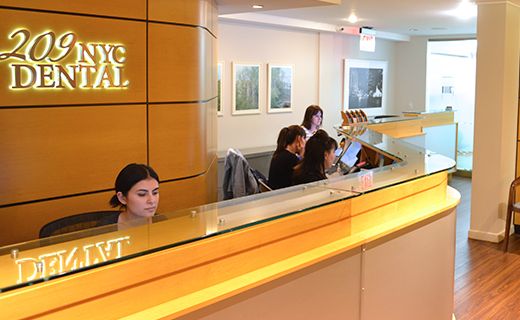 Patient Forms
Patient Forms
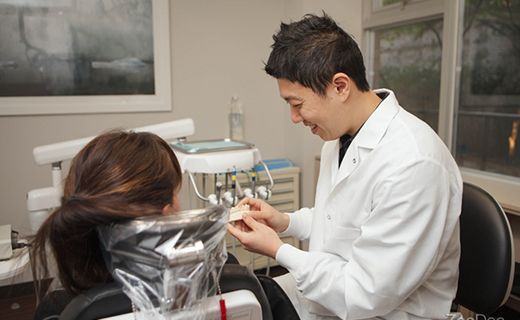 Payment Information
Payment Information
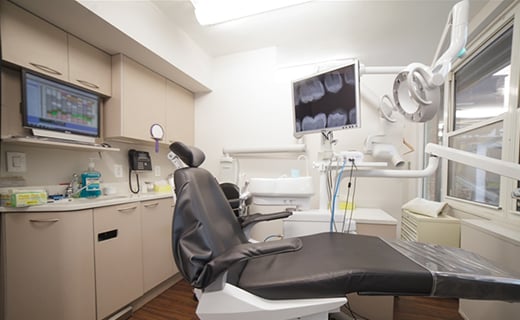 Insurance Options
Insurance Options
 CareCredit Dental
CareCredit Dental
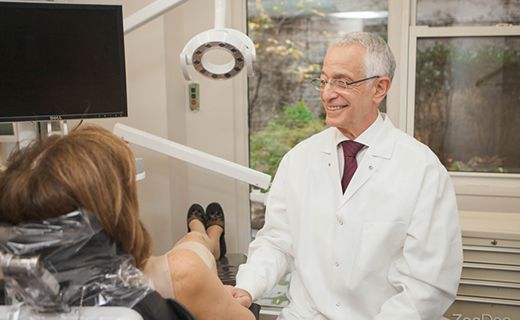 Appointment Policy
Appointment Policy
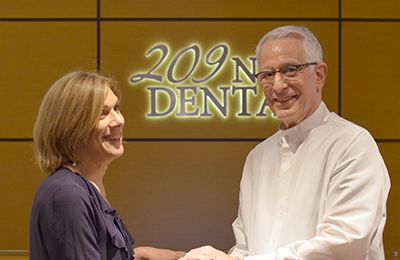 Free Consultation
Free Consultation
 Complimentary Teeth Whitening
Complimentary Teeth Whitening
 Teeth Whitening
Teeth Whitening
